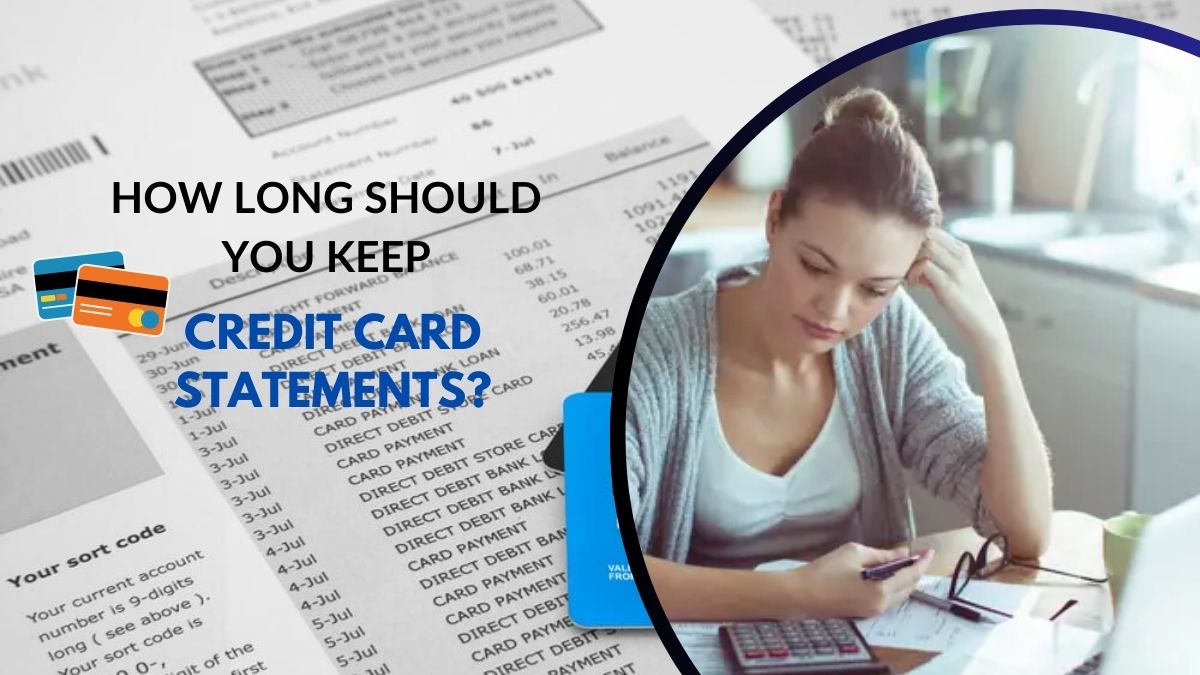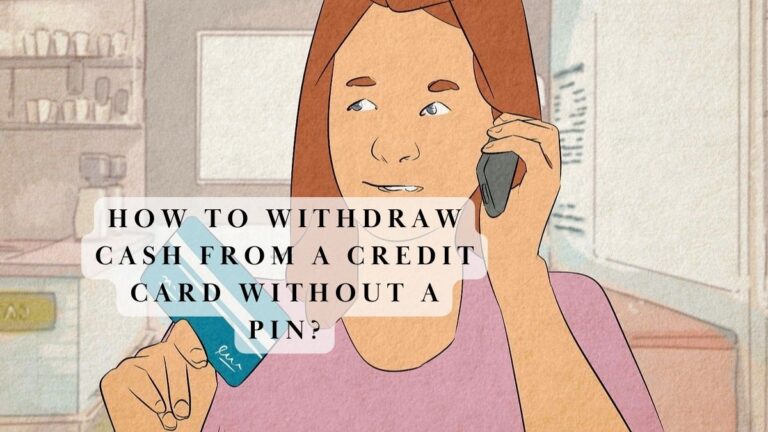How Long Should You Keep Credit Card Statements?
Welcome to our blog post on a topic that can often leave people scratching their heads – how long should you keep credit card statements? We all know the importance of keeping financial records, but when it comes to those little slips of paper cluttering up our drawers, confusion sets in.
Don’t worry! In this guide, we’ll break down everything you need to know about decluttering and organizing your credit card statements while ensuring you’re not throwing away valuable information. So let’s dive into this fascinating world of paperwork management and find out how long is too long for those pesky credit card statements!
What is a Credit Report?
Credit reports are a compilation of information about your credit history. This information is used to evaluate your eligibility for loans, mortgages, and other credit products. The three major credit reporting agencies are Equifax, Experian, and TransUnion.
The length of time you should keep credit card statements varies depending on the type of account. For example, you should keep mortgage statements for at least 7 years and car loan statements for 10 years. Credit card statements typically have a shorter retention period since they usually only contain your account balance and payment history.
How Long Should You Keep Credit Card Statements?
According to the CreditCards.com 2014 Statement Savings Report, most Americans save only about 25% of their monthly statements. Considering that you could be earning an extra $20 per month from effective statement savings, it is important to make the most of your credit card statements.
Here are six tips for how long you should keep your credit card statements:
- Review your statements regularly and take action if there are any problems. If you find mistakes or unauthorized charges, dispute them immediately.
- Save your receipts as proof of any purchases you make with your credit card. This will help you document any damages or losses you may experience in the event of a dispute.
- Keep all of your statements for at least two years to ensure that you have all of the information needed to dispute a charge or file a complaint if there is a problem with your account.
- Make sure that all of your accounts are updated with the latest contact and account numbers so that disputes can be handled more easily.
- Destroy old statements once they have been used and no longer have any relevance to your current account information or activity. This will help keep clutter out of your financial life and lower the risk of identity theft in the future.
- Take advantage of online statement-saving services available from many banks and credit unions, which automatically send copies of past statements to nominated email addresses each month without the need for action on your part other
Reasons to Keep Credit Card Statements for Various Purposes
Keeping credit card statements for various purposes can help you manage your finances, learn about your spending habits, and identify potential problem areas.
Some reasons to keep credit card statements include:
- Managing your finances: Credit card statements can help you track your spending and see where you might be overspending. By identifying specific expenses that are costing more than you intended, you can make changes to save money.
- Learning about your spending habits: Keep a record of all the places you spend your money so that you can better understand your spending patterns. This information can help you create budgets and track whether or not you’re reaching financial goals.
- Identifying problem areas: If there are items on your credit card statement that concern you, investigating why those items were charged may give you a better understanding of how to budget and save more effectively in the future.
Conclusion
Keeping credit card statements for a certain period of time can help you better understand your spending habits and identify areas where you may need to make adjustments. By reviewing your past statements regularly, you can identify any patterns in your spending that could point to potential financial problems.
Additionally, keeping credit card statements can help you spot fraudulent activity or scams before they occur.






